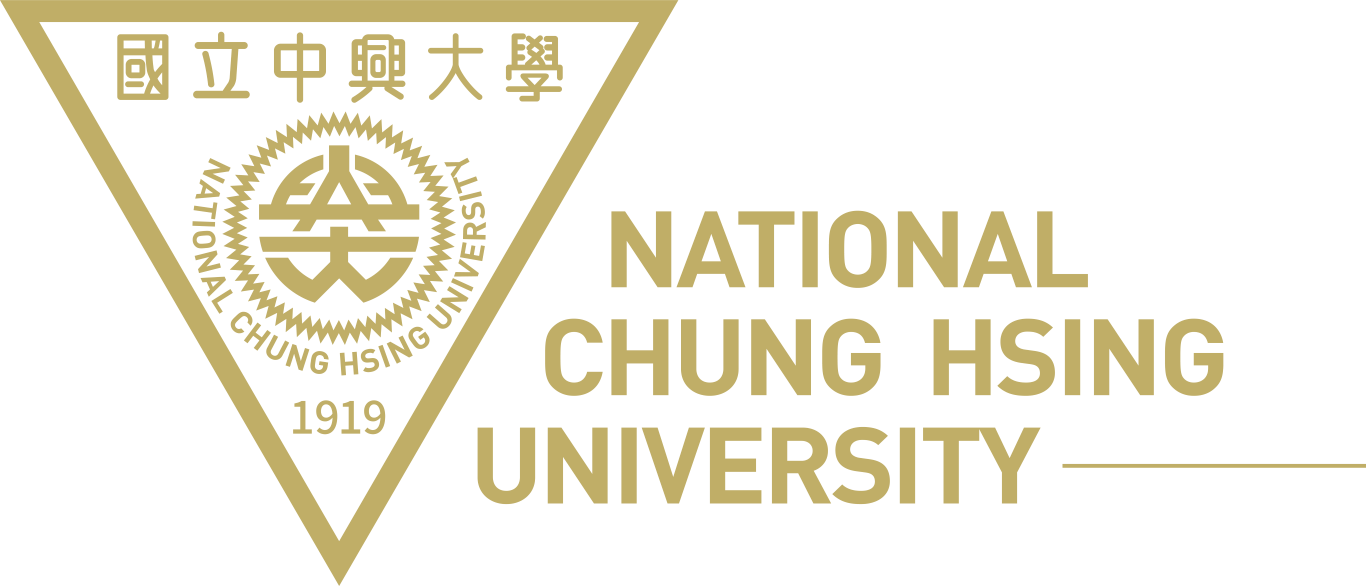1. Students who face any of the following emergencies during their period of study at the University may be eligible for emergency relief funds:
(1) Hospitalization for an injury or illness when unable to pay for medical expenses due to financial hardship;
(2) A major familial incident resulting in financial hardship;
(3) Death;
(4) Other incidents that require emergency relief.
2. To apply for emergency relief funds, the affected student or their advisor should fill out the application form and submit it along with the necessary supporting documents to the department chair/institute director and college dean for signing. Applications will be reviewed by the Office of Student Affairs’ Division of Student Life, which shall then forward them to the University’s President for approval.
3. Emergency relief funds of up to NT$30,000 may be released once per incident. The NCHU Student Emergency Relief Funds Application Guidelines and application form are available for download on the Division of Student Life website.

